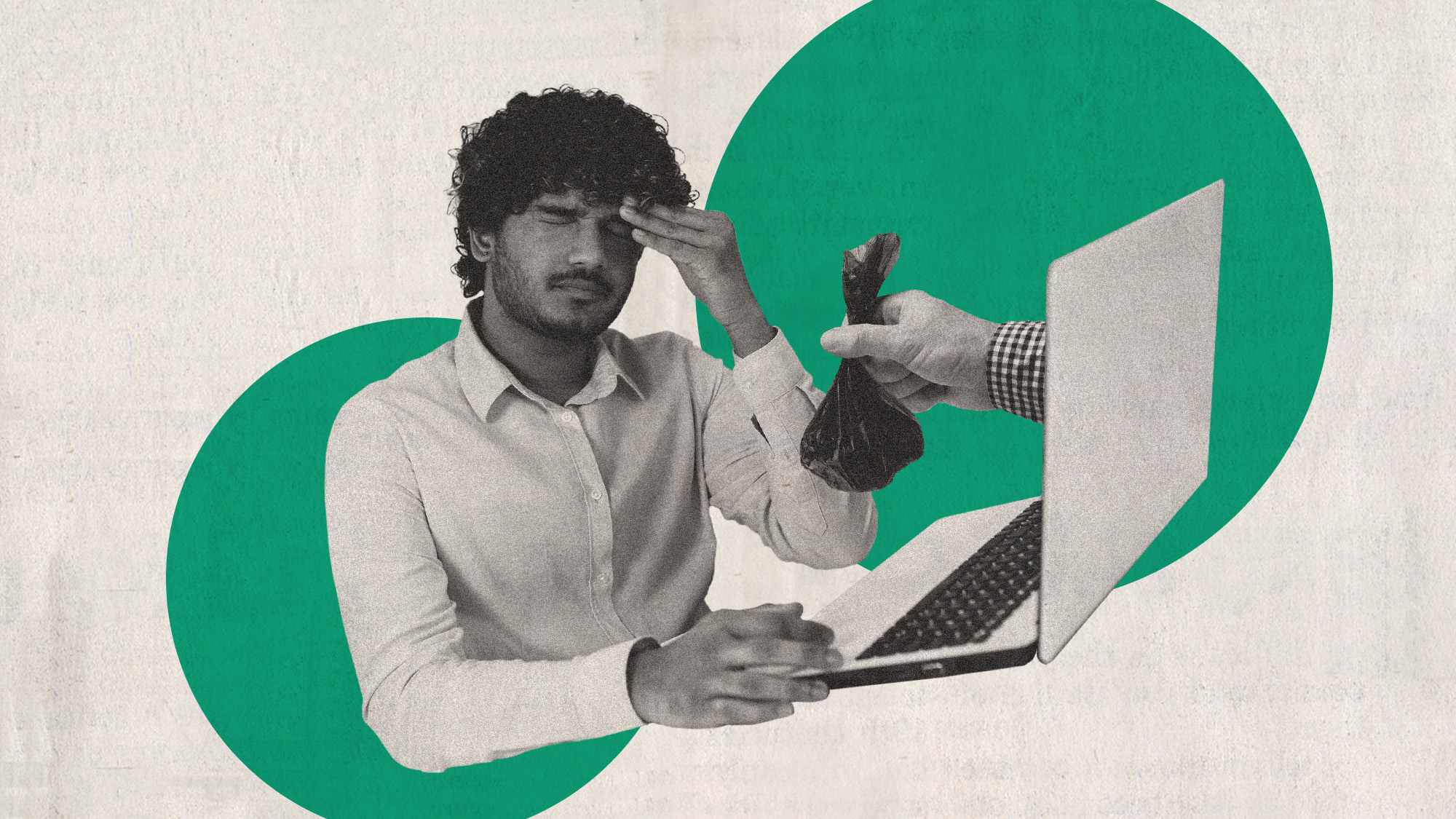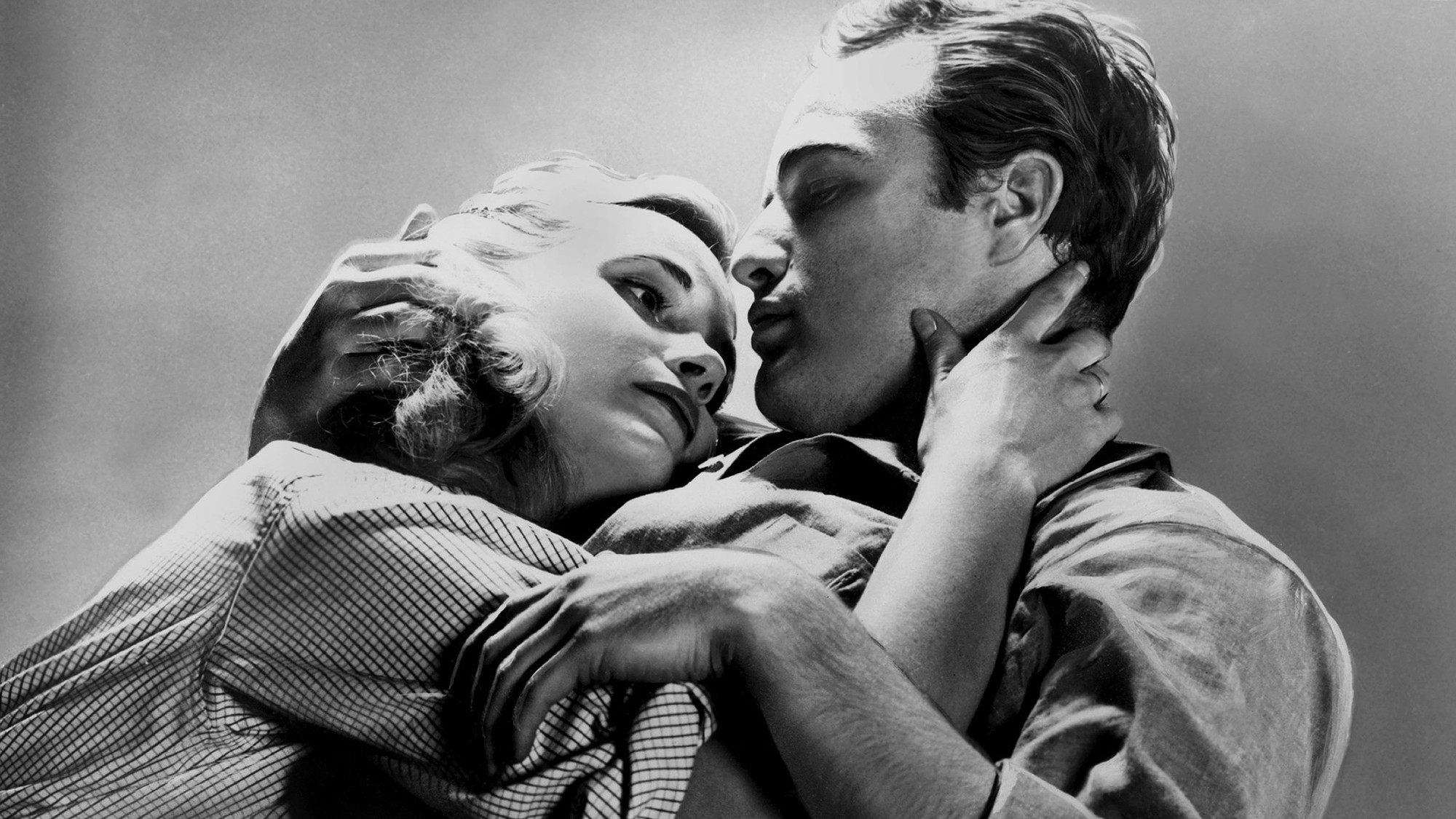What is 'decision fatigue'... and do you have it?
If you find yourself making rash, unwise choices, the culprit may be a day of mental depletion — not an inherent lack of willpower

It's no secret that our physical strength and stamina have their limits, but now social psychologists are beginning to look at mental fortitude as finite, too. According to the theory behind a recently coined phenomenon known as "decision fatigue," humans have a limited amount of willpower for making smart choices, and that willpower is depleted throughout the day. Here, a brief guide:
What is decision fatigue exactly?
As a person makes decisions throughout the day, the brain depletes its limited amount of mental stamina, and starts employing one of two shortcuts: Make a rash decision or avoid the act of deciding altogether. That "helps explain why ordinarily sensible people get angry at colleagues and families, splurge on clothes, buy junk food at the supermarket and can't resist the dealer's offer to rustproof their new car," says John Tierney in The New York Times.
The Week
Escape your echo chamber. Get the facts behind the news, plus analysis from multiple perspectives.

Sign up for The Week's Free Newsletters
From our morning news briefing to a weekly Good News Newsletter, get the best of The Week delivered directly to your inbox.
From our morning news briefing to a weekly Good News Newsletter, get the best of The Week delivered directly to your inbox.
Hold on. Is this any different than just being physically exhausted?
Yes. And you might not even be aware that you're low on mental energy. In one experiment, researchers asked shoppers at a suburban mall to try and solve some simple arithmetic problems. Those who had already made a number of shopping decisions gave up the quickest on the math problems. "When you shop till you drop, your willpower drops, too," says Tierney.
OK. But does this matter outside of shopping?
Yes. Researchers say decision fatigue could factor into the cycle of poverty. Throughout the day, poorer folks have to make more decisions and tradeoffs than do affluent people who are less obliged to save money. That can mentally exhaust the poor, robbing them of the willpower to work harder, eat healthier, stop smoking, or study for the big test. Decision fatigue has also raised questions about the wisdom of 12-hour shifts for ER doctors and long work days for judges.
A free daily email with the biggest news stories of the day – and the best features from TheWeek.com
What does decision fatigue mean for dieters?
Plenty. Low glucose levels leave the brain focused more on immediate rewards and less on long-term goals, so dieters get stuck in a "nutritional catch-22": A dieter needs willpower to keep from eating, while at the same time, a dieter needs to eat (thereby consuming glucose) to have willpower. In January, Dartmouth researcher Todd Heatherton announced that a dose of glucose totally reversed the effects of decision fatigue on the brain.
Is there any way to manage willpower?
Good decision making is not an innate human trait, says social psychologist Roy F. Baumeister. "It's a state that fluctuates." Anyone is prone to making poor decisions if he has a low glucose level or is mentally fatigued. It's wise to establish healthy routines that eliminate the need for unnecessary deliberation, and make important decisions earlier in the day and on a full stomach.
Sources: Chicago Reader, New York Times, PsychCentral
-
 AI workslop is muddying the American workplace
AI workslop is muddying the American workplaceThe explainer Using AI may create more work for others
-
 Japan poised to get first woman prime minister
Japan poised to get first woman prime ministerSpeed Read The ruling Liberal Democratic Party elected former Economic Security Minister Sanae Takaichi
-
 The 5 best mob movies of all time
The 5 best mob movies of all timeThe Week Recommends If you don’t like a good gangster flick, just fuhgeddaboudit